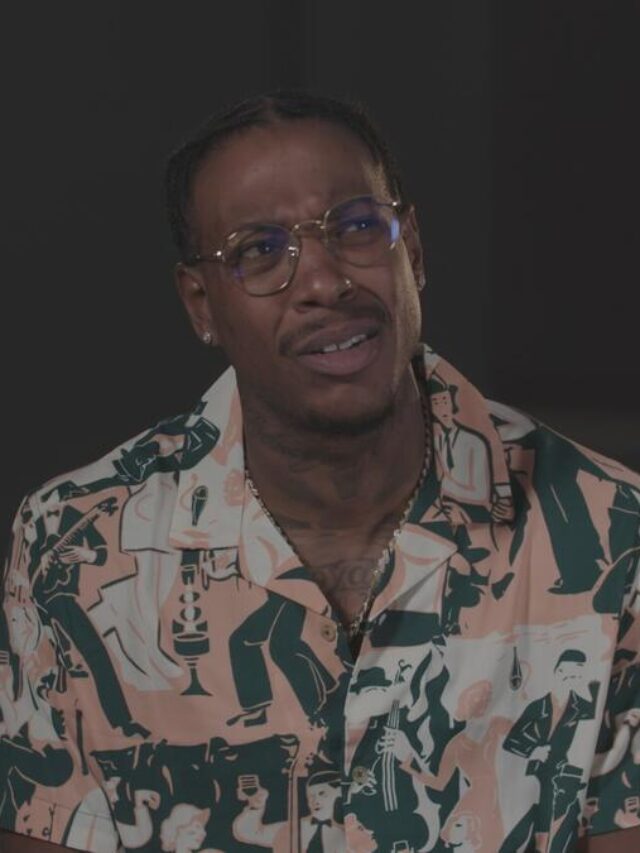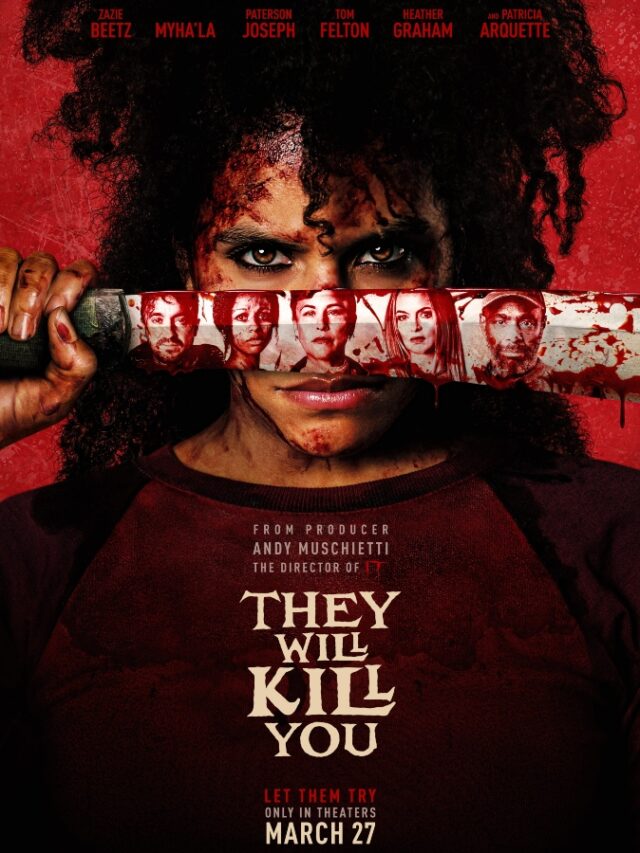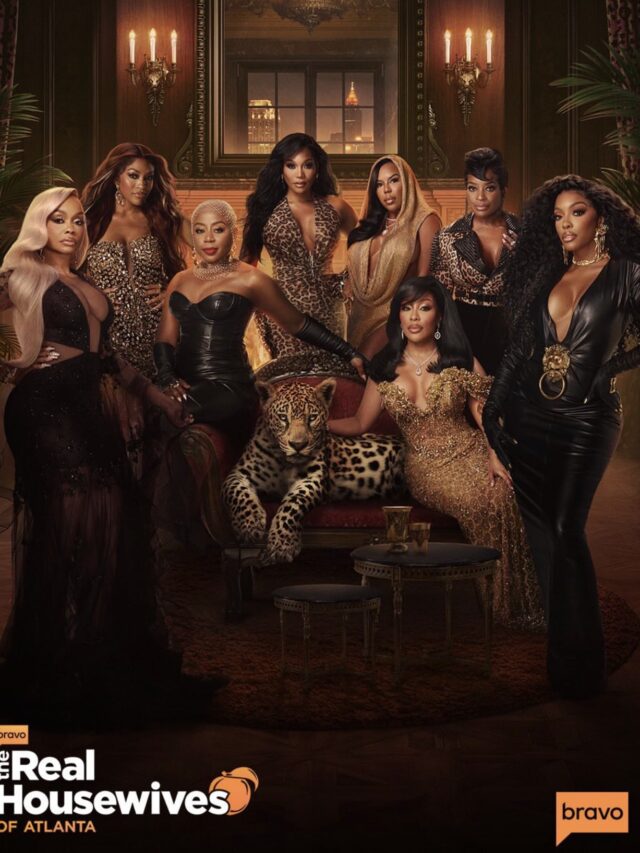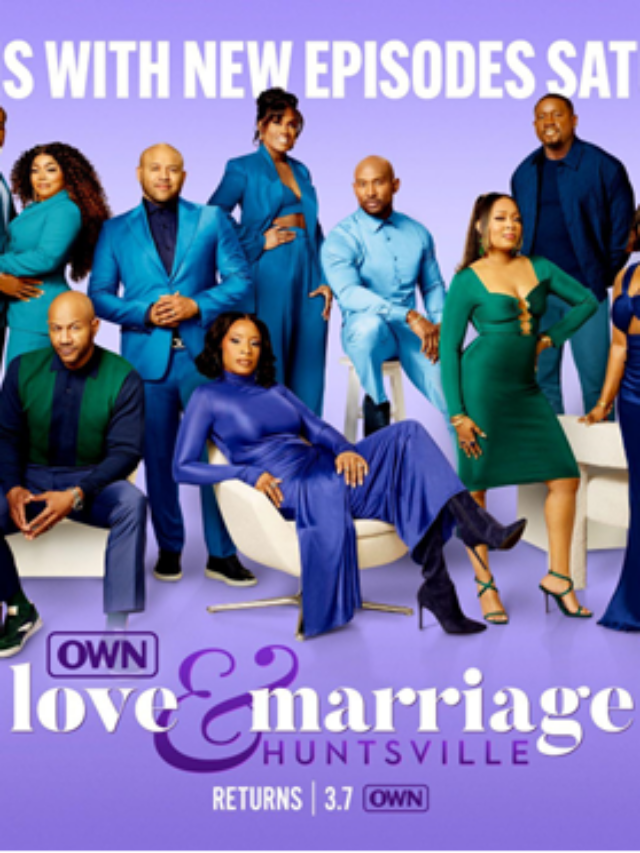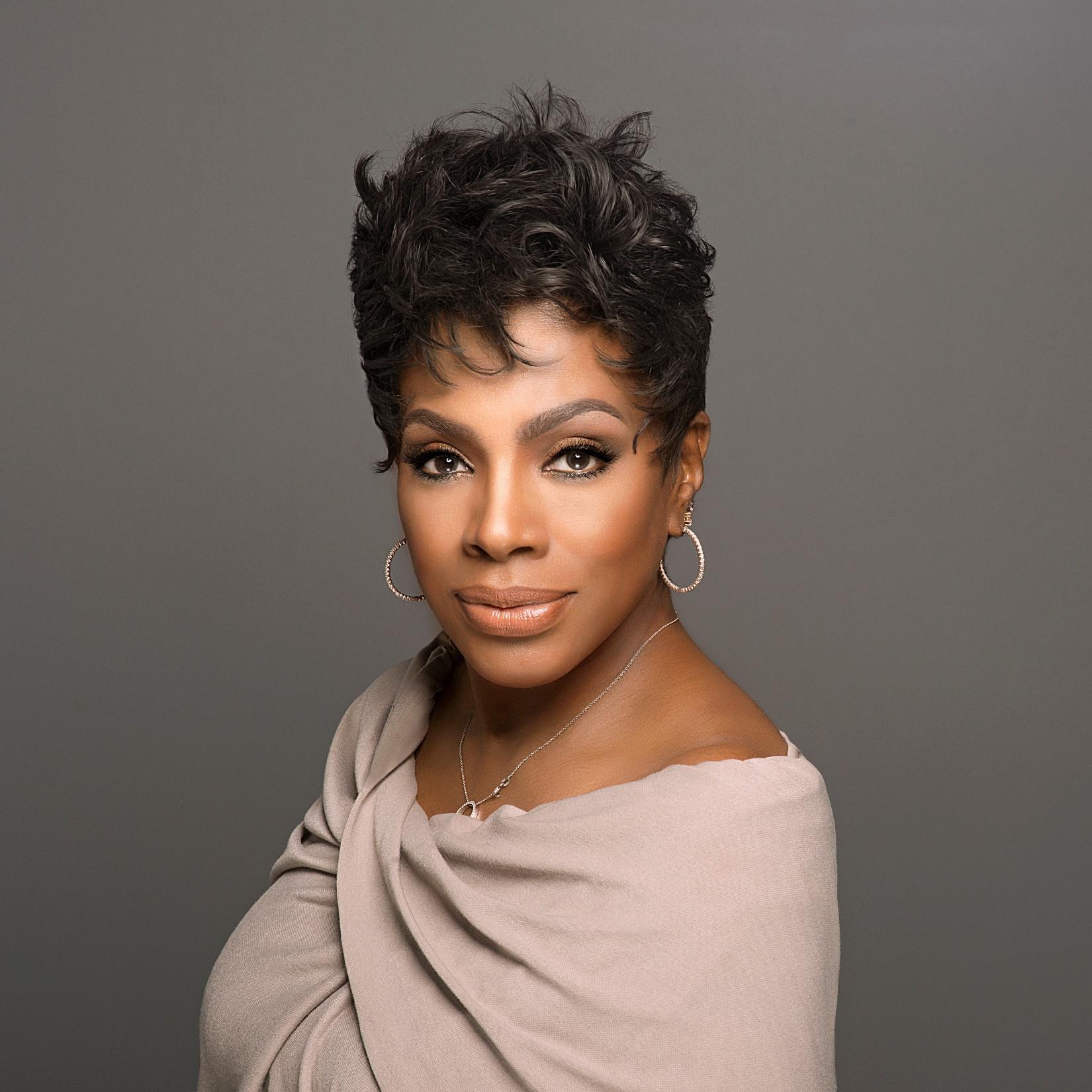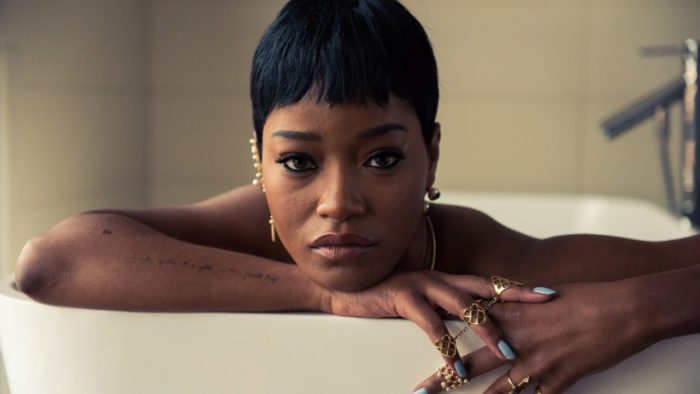ReVisit Industry Round Table: Stephen Hill, Ivan Matias, AriesUBG + More
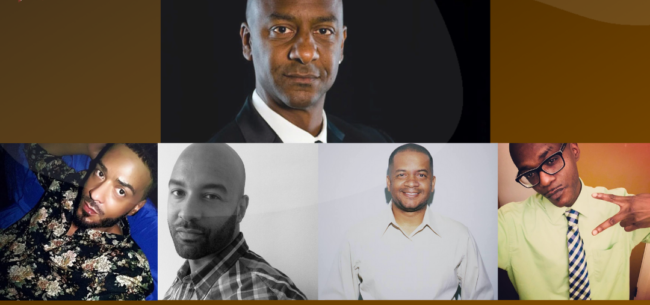
In June of 2003 for Black Music Month, TMHxone.com, one of our previous e-zines presented Round Table. A discussion with industry executives regarding the music industry. We went on to do additional Round Tables. Earlier this year we decided to bring the Round Table back.
In this ReVisit celebrating our 15 Year Anniversary. We ReVisit portions of them with Stephen Hill, Ivan Matias, Billy Johnson Jr., Russ Jones and our very own, Founder of UrbanBridgez.com AriesUBG.
Stephen Hill is an industry legend. Who’s the former VP, Music Programming & Talent executive for BET.
Russ Jones at the time was the Manager of Mixshow Promotions/Rap Marketing at J Records. He has now been at RCA records the least 20 years.
GRAMMY nominated songwriter/producer Ivan Matias, has written hit singles for everybody from SWV, Toni Braxton, Tracie Spencer and En Vogue, including their #1 hit single “Don’t Let Go (Love)” from the Set it Off Soundtrack.
Legendary industry executive and entertainment journalist Billy Johnson Jr., has written for Hollywood Reporter, VIBE and Yahoo! Music, to name a few. Billy Johnson Jr. has also appeared on various episodes of TV One‘s Unsung.
And last our founder AriesUBG has ran three successful e-zines T M H Entertainment, T M Hxone and UrbanBridgez.com, which is celebrating our 15th Year Anniversary. Aries also works directly with talent and does strategy marketing and online campaigns for clients of UBG.
In this discussion the executives talk about their start and motivation for this industry. The fellas also share advice and books for those who are interested in the music business.
As well as discuss topics from online marketing, damage control and the state of R&B.
What is your job title & your day to day responsibilities?
Aries: My title is Founder and CEO. My day to day responsibilities include contacting my staff to assign projects or to check the status of projects they’ve been assigned. I talk to label and management reps daily for to set up and maintain content for our e-zine. I also make calls and do conference calls with artists & companies UBG works directly with to discuss projects we’re working on and barnstorm new ideas for their marketing and promotion.
Stephen Hill: VP, Music Programming & Talent for BET. I’m responsible for the creation, production, maintenance and content of all of the music based shows on the channel. My department is also responsible for selecting the videos and the talent that we use on-air.
Russ Jones: I am the Manager of Mixshow Promotions/Rap Marketing. I am responsible for breaking new Urban Artists to R&B; Radio at the radio mixshow, club and street level, as well as hightening our visibility in the streets utilizing posterboards, postcards, T-Shirts, CD’s and other P.O.P
Ivan Matias: I’m a songwriter & producer. The life of a songwriter isn’t very structured. We have a lot of flexibility. My day is built around how creative I’m feeling. If a good song idea hits me, I spend time flushing it out. Otherwise, I’m dealing with the same life duties as everyone else. Unlike what people think, the life of people in the entertainment industry isn’t as glamorous as it’s portrayed or imagined.
Billy Johnson Jr: Founder and Chief Media Officer for Media & Repertoire. After being a full time music journalist/editor for more than 20 years, 18 as a senior editor for Yahoo Music, I founded Media & Repertoire. I’m blessed to be working on a variety of media related projects. I handle PR for Jay Lyriq, Dr. Daniel Walker and Crystal Tamar; social media and event planning for Jenesse Center’s Jeneration J youth initiative, a domestic violence intervention program; I have an annual mental wellness workshop series #NoStigmasAllowed funded by the California Department of Mental Health; and I also do a little freelance as a music journalist. My time is spent planning, researching, pitching, following up, facilitating, writing, etc.
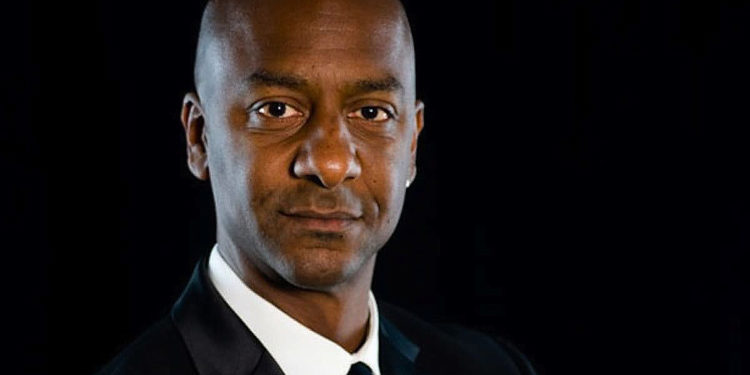
——–
Aries: I interned for LaFace Records for a short period and also interned for Pete Rhodes who owns WRNB an urban digital radio station here in Minneapolis when I was in college. I got my start working at Sam Goody when I was in college, I started as a retail rep and was later promoted to an assistant manager at 18, the youngest ever in the district. I was also in charge of all in store promotions.
Stephen Hill: Program Director at WILD radio in Boston 1988-1993. Executive Producer of the Tom Joyner Morning Show 1993-1995. Director, Music Programming for MTV 1995-1999.
Russ Jones: Most recently I was the assistant to the Senior Vice President of Urban Promotions/Coordinator of Urban Promotions here at J, prior to that I was assistant to the Vice President of Urban Promotions at Elektra, after interning there for close to 2 years.
——–

Aries: Hands down All You Need To Know about the music business and the autobiography of Quincy Jones.
Stephen Hill: Book: “This business of music”. Internships .
Russ Jones: Books: “This business of music”, “Hitmen”, The David Geffen Biography, “Who moved my cheese” to name a few. Conference’s: CVC (If intertested in videos), Mix Show Power summit, Tech.nition’s & 3rd Coast (If Interested in Mixshow/Hip Hop/R&B; Promotions/Marketing) R&R; and Billboard/Monitor (If interested in Mainstream Radio Promotion and marketing or Radio in general).
Ivan Matias: The books I would recommend are “self help” books like “The Motivation Manifesto” & “& High Performance Habits” By Brendon Burchard. Many of the “Music Industry Books” have outdated information that doesn’t translate well into 2019. I’ve found that many in entertainment lack balance & seek validation through money & fame. It’s not until you acquire them that you realize, they only comprise a small part of a successful life. That is why many are famous, rich & depressed with crippling vices & addictions. Anything that promotes balance, peace & positive perspective for the bumpy entertainment industry ride is what i’d recommend.
Billy Johnson Jr: I don’t have any particular books to recommend but I would definitely encourage people to do research in the execs you admire. Read and/watch/listen to all their interviews. Learn what it took for them to be successful. Get to the root of their philosophies and self assess. Make the changes you need to make in order to advance. Conferences are good for networking. It’s hard to get people to reply to emails and to return calls. But you’d be surprised how easy it is to meet people at events. FaceTime is essential. Much easier for people to connect with your vibe in person. Email is tough.
——–

Aries: I think it’s very important. Everything hits the web first, to singles being leaked to new images, damage control, the whole nine. Consumers will see and hear it first online. One thing labels don’t utilize enough of are artist fan sites made by actual fans. I think those sites are more important than official site due to fans spending their time and efforts to make sure they’re doing the best possible job they can to support their favorite artist. Another reason I started UBG to help fan sites with that marketing.
Stephen Hill: Extremely important! Record buyers today are on-line. It’s importance is still behind video play and radio play, but at there is more high speed capability, the importance will rise.
Russ Jones: Very. But nothing makes more of an impact in these times than concrete, traditional marketing and of course out of the box thinking.
——–
Aries: Not good. It’s like the last time R&B; and Hip-Hop was really good was back in 1995 and as we know that was a decade ago. R&B; music has lost it’s feel good sound and has been replaced by the track oppose to the lyrics and delivery. Hip-Hop is just one clone after another, different artists, but all rapping about the same thing.
Stephen Hill: I love that hip-hop has a lot of regional flavors that are sussessful. Long gone are the days of the East-West war. Now, everybody listens to everybody else. I’m encouraged by the inclusion of more R&B; folks under the banner of hip-hop. The definition is growing for hip-hop is growing. I do wish it were less materialistic in nature, but I understand that it is music fueled by male angst and like other music forms through history, the focus is on girls and cars.
Russ Jones: Kind of lame. Could use a Hip Hop revolution which I think is slowly starting to surface. I think Urban music should embrace some of its more creative artist’s i.e Alicia Keys, Busta Rhymes, Musiq, Angie Stone as well as encourouge the up and coming artist to trale blaze as opposed to following trends, but understand that there is tremendous risk involed (which could ultimately make success that much more fulfilling).

Aries: I’m a firm believer in all publicity is good publicity. If people are talking about you, they’re thinking about you. When they go into the stores and see your product, they’re thinking of that headline you were just associated with and that alone will make them pick up the product, while people who are not getting any media attention may be passed by at retail as well.
Jason: It’s really how you spin and position the subject, of who’s at the center of the controversy that will determine the end result. Some are just craftier than others.
——–
Ivan Matias: Charts & Radio are a tradition. The major players in the industry still utilize them. The main shift is the result of Hip Hop/Rap becoming the most popular global genre. The genre made it a common practice to pick up artists out of obscurity with only a self made following through local, regional & internet popularity. Most other genres still need the traditional system to break artists nationally & internationally. The charts & radio also heavily influence the Award shows which create a cache & additional benefits for artists. Like everything else, the role of radio & charts are evolving & changing; but they still play a major part in the mechanics & perception of most artists.
Billy Johnson Jr: Charts and Radio matter most to the music business professionals than to the consumers. I have 16-year-old twins, they discover music via YouTube and Spotify and rely on the algorithms to recommend new music to them and they trust those recommendations because they end up liking the new music. This makes sense. The charts and radio needs to take a more active role in breaking new artists and not just ones backed by big label partners. I live in the LA market and I just started hearing Lil Nas X’s “Old Town Road” in heavy rotation a few weeks ago. Terrible.

Ivan Matias: It’s kind of a return to the past. In the 70’s & 80’s, that wasn’t uncommon. Many artists don’t have an album worth listening to in them. They might have one amazing song. How many artists put out an album but were still a “one hit wonder?” Labels had to tighten the belt & get more conservative. If an artist only has one good song in them, put it out & save the expense of album production & promotion. The average lifespan of most artists is 3 albums if they’re lucky anyway. The first has 1 or 2 hits. The follow up doesn’t live up to the first. The 3rd is the last shot at squeezing out a sale from those who loved the first, before sending the artist to pasture. Also, people wanted to be artists years ago. People just want to be famous now. If they can have 1 hit, they can be set for life.
Billy Johnson Jr: It makes total sense to put more energy into making and releasing singles than to releasing an entire album. Consumers are not going to be bothered streaming an entire album or EP until they are sold on an artist. It is usually going to take liking a series of singles to make that happen. New artists should keep putting out singles until there is a demand for an album. And when they finally release an album, make sure it’s good. That’s the worst turnoff.
——–
Aries: Just believe in what you want to do, don’t get into it because it’s an exciting industry, do it because you love it. Intern, intern and intern as much as possible, nothing is like the interaction of being apart of the filed you want to be in without being an actual employer. You have the ability to just sit back and learn. Also, never mix friendship with business.
Stephen Hill: Love it first. Love music. Or Love television. Do not get into this business without an absolute passion. It’s hard to get in and only passion can drive it. Also, if you are not in the business, still keep up on everything you can…so that when the opportunity comes along, you are ready.
Russ Jones: Get ready to be overworked, underp ayed, overlooked and under slept. Get an internship, grab an assistant position, network, be seen, try your best not to burn bridges, although some will be inevitable. HATERS ARE EVERYWHERE, JUST K.I.M.

